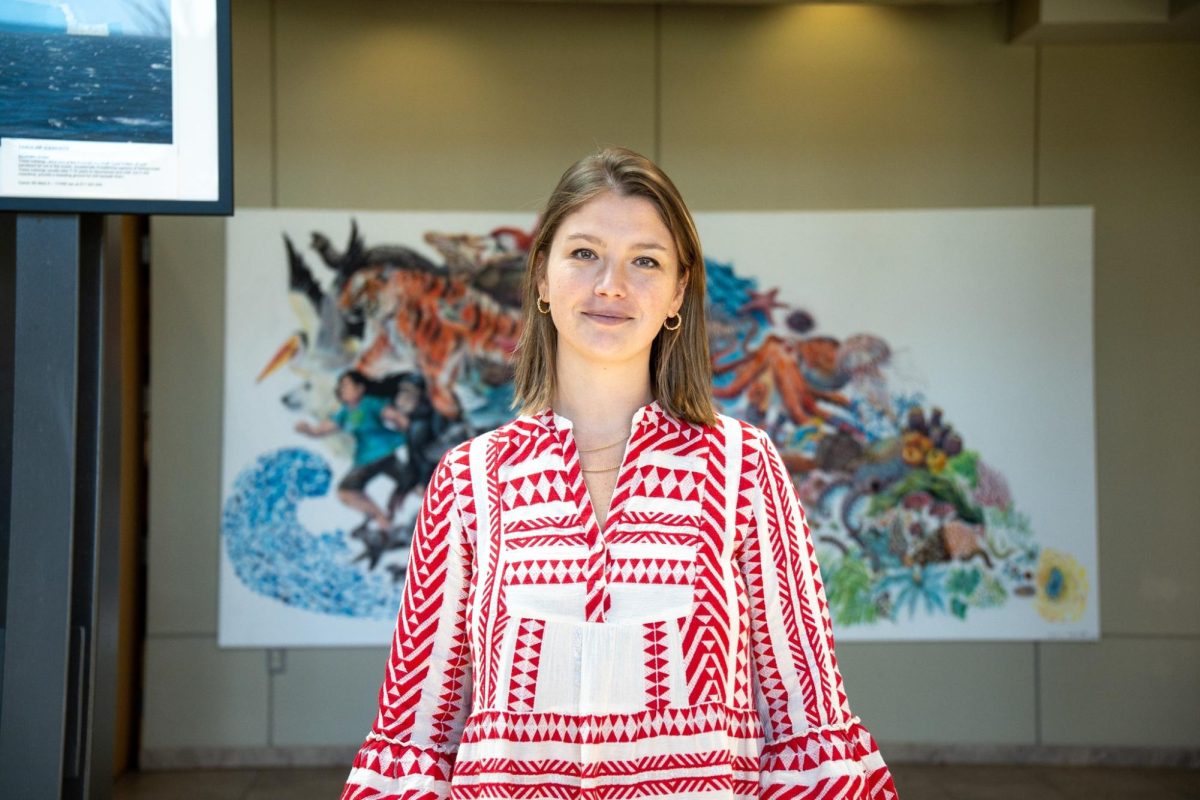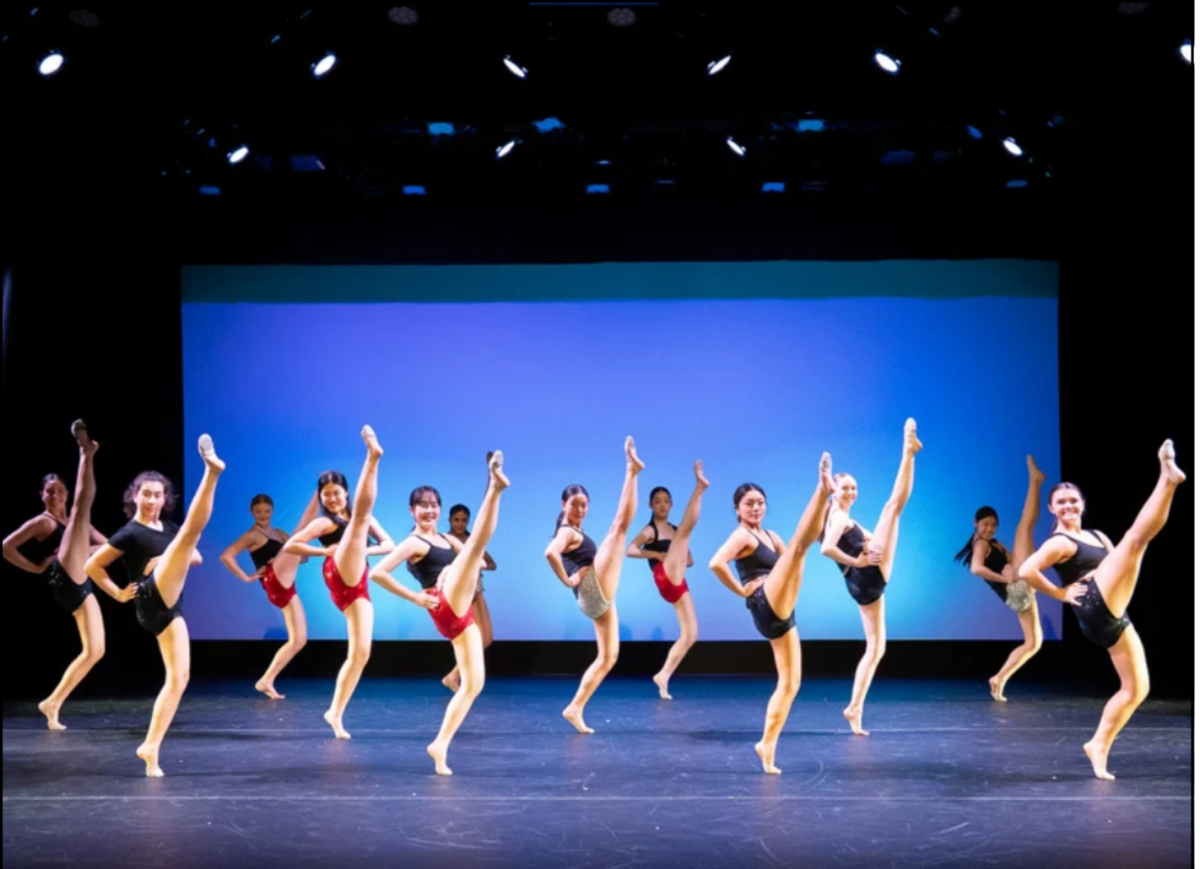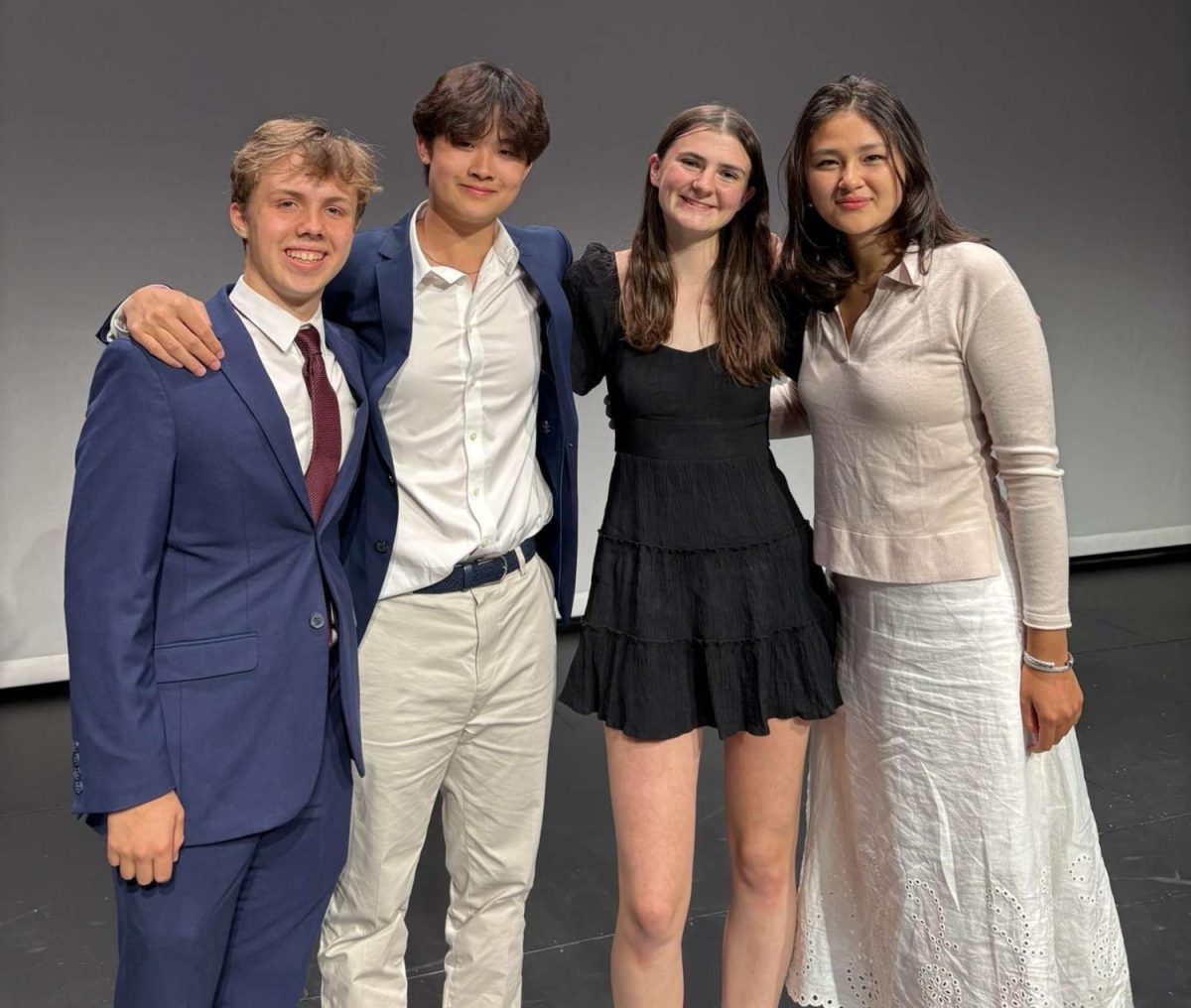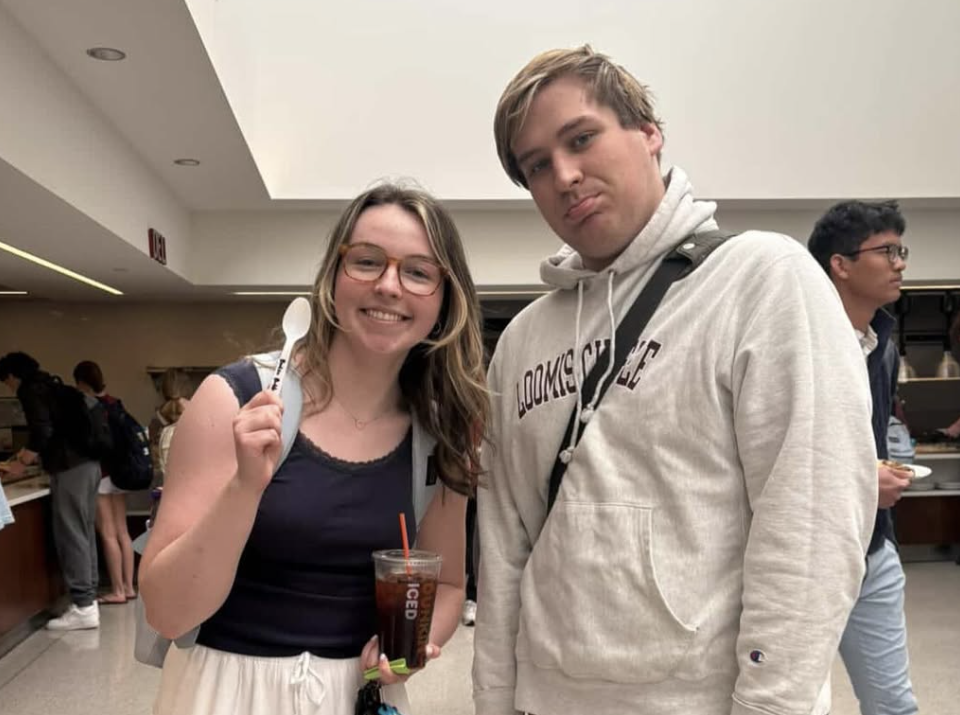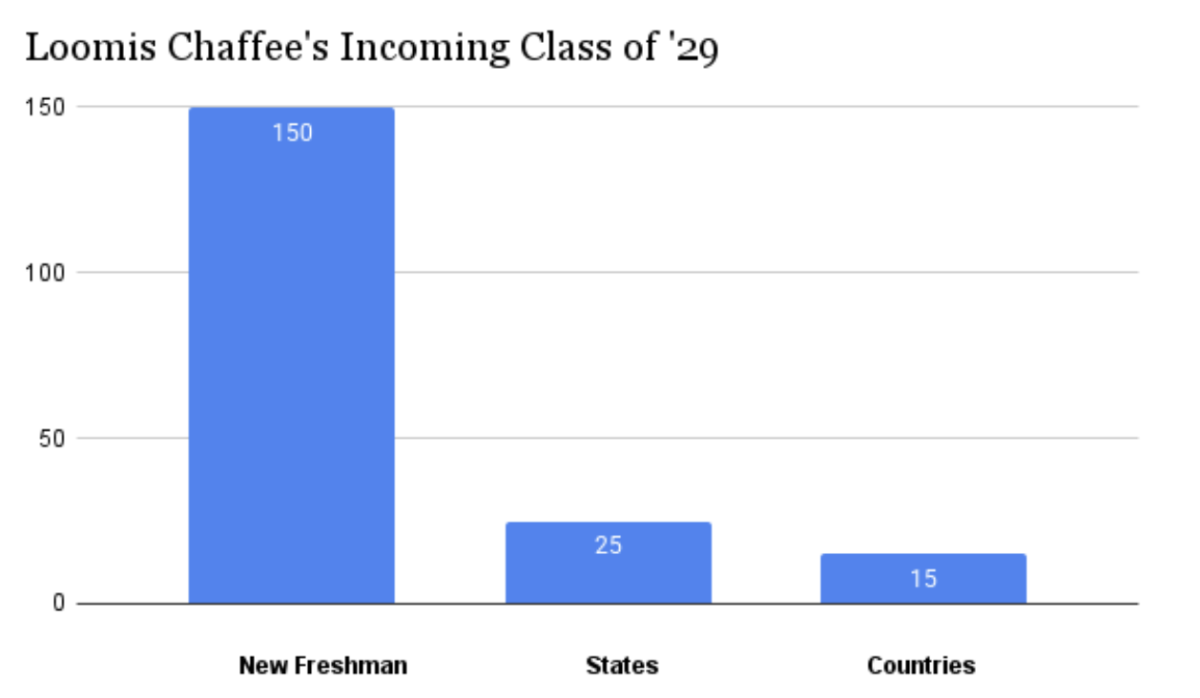On April 28, award-winning documentary director and producer Celia Aniskovich spoke to Loomis Chaffee students about the twists and turns of her journey through the media industry. Aniskovich shared stories of uncertainty, struggles, and the emotional weight of truth-telling in film. Her message to students was both grounded and bold: Success in media rarely follows a straight path, and that’s okay.
“I’ve got to do every job in this business if I want to [make it],” she told students. “So I did a little bit of everything.” From joining the NBC Page Program to producing feature-length documentaries, Aniskovich stressed the importance of experience, taking opportunities, and accumulating hands-on knowledge. Interestingly, she didn’t start in the film industry; as a matter of fact, she said, “I majored in philosophy and theology,” with a smile, acknowledging that it was a “weird choice” given her current career. She discovered her passion ten years later. But her story proved that there is no need to worry in finding one’s true passion.
Once she reached the film industry, Aniskovich did not shy away from the risks and challenges she faced. She recounted working on a project about an alleged Russian spy that landed her on an FBI watch list. “That was real,” she said, describing how the experience pushed her ethical and personal boundaries. She also spoke about the financial risks of launching her production company and trusting her instincts on which stories to tell.
This willingness to challenge norms extended to her hiring practices. She tries to hire a diverse group of writers from different cultures and backgrounds who can add unique stories to their writing. For her, the ultimate goal is to “make people feel something.” It doesn’t matter whether the feeling is hatred towards a character or an inclination; it just has to make readers “feel.”
Yet making people feel something often requires discomfort. “Part of my job is making people uncomfortable” with uncomfortable truths, she admitted. This was especially true when navigating polarizing topics. One of her biggest questions as a director remains: “How do I speak to someone who would otherwise not watch…a film about a controversial issue?”
Aniskovich reflected on the nuances of the people she has met. She shared the story of a Donald Trump supporter who hired all the transgender youth in his city, not out of political motivation, but because “he thought it was unfair they were being discriminated against.” That kind of contradiction is what makes documentary filmmaking so complex. How do you capture that in 90 minutes? What gets included? What gets left out? These questions are the ones she still struggles with. Knowing that the full and complete truth could never be fully captured in an hour-long documentary is something she had to accept.
Her reflections offered students a deeper understanding of what it means to be a responsible storyteller—someone who listens carefully and represents others with integrity. In fact, jokingly, Aniskovich remarked, “listening is my job,” while concluding her remarks by encouraging students to take risks and tackle the challenges that face them head-on.

